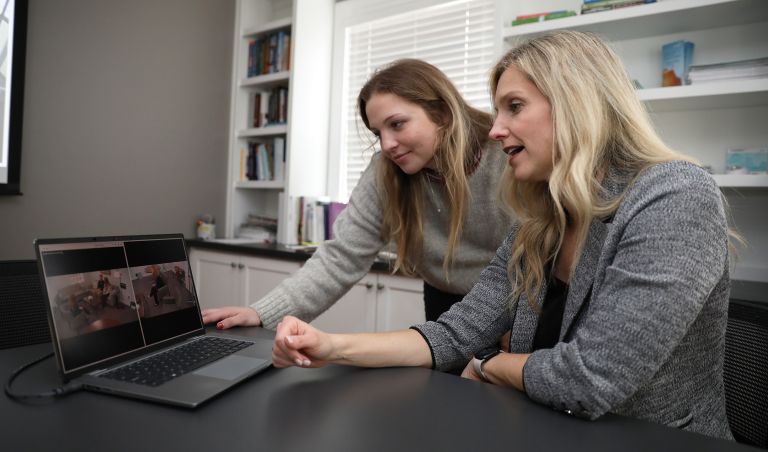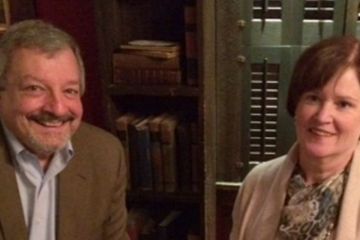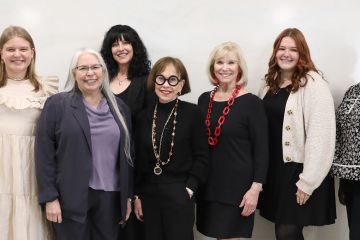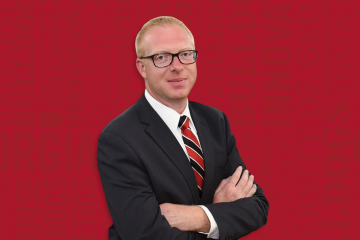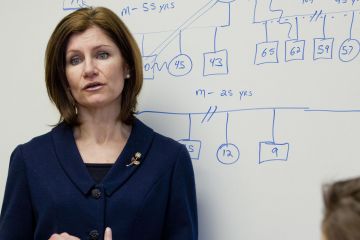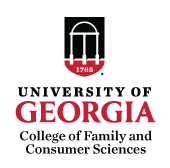Love and Money Center will prioritize well-being
An online search for “couples and money” turns up thousands of results.
Headlines such as “More and more couples are breaking up over money,” and “Why so many couples avoid money talk” appear regularly in major news outlets.
The field of financial therapy has emerged as an innovative approach to addressing the issue. The Financial Therapy Association defines financial therapy as a process that helps people think, feel, communicate and behave differently with money to increase overall well-being.
Since its founding in 2009, the University of Georgia ASPIRE Clinic within the College of Family and Consumer Sciences has provided free or low-cost individual, couple and family therapy, financial counseling and other services for individuals, couples and families in the Athens and university communities.
Given the growth of financial therapy and the increasing needs surrounding mental health, ASPIRE is refining its focus to prioritize relational and financial well-being of clients and to enhance unique, interdisciplinary clinical training opportunities for students.
The refocus will include a new name, the Love and Money Center for Relational and Financial Well-Being.
“Our faculty possess the expertise and connections to lead a more innovative approach to issues facing individuals, couples and families around money, relationships and mental health,” said Love and Money Center director Megan Ford. “UGA is well-positioned to be a leader in these areas given our resources, and this refinement helps us amplify those strengths.”
The center’s new mission will leverage the college’s expertise in couple and family therapy, a graduate program within the FACS department of human development and family science, and behavioral financial planning and financial therapy within the department of financial planning, housing and consumer economics.
Student service providers in the LMC are trained to help empower individuals, couples and families seeking support for mental health or financial concerns to find solutions, all under the supervision of trained faculty, Ford said.
“The refinement will help us create a deeper focus on where we shine and what we believe to be an essential area for interdisciplinary training, experiential learning and specific clinical skill-building for our students,” Ford said. “The shift also will allow us more opportunities for research focused on financial and relational health.”
Since data tracking began in 2011, the ASPIRE Clinic provided training for over 400 undergraduate and graduate students either as service providers or interns, and more than 3,000 individuals, couples and families have benefitted from services throughout 12 counties in northeast Georgia.
“We will continue to actively support the community and build from the impact ASPIRE has had,” Ford said. “As always, we remain dedicated to providing low-cost or no-cost services for those seeking mental health therapy services and financial coaching services. We welcome clients from all backgrounds and are especially equipped to serve couples and families.”
The LMC is located in the McPhaul Center on South Campus. For more information, visit www.fcs.uga.edu/loveandmoneycenter
“We are fortunate to have several FACS faculty from our financial planning and couple and family therapy programs who are leaders not only in their individual fields, but also in the emergent field of financial therapy,” FACS Dean Anisa Zvonkovic said. “They have been working through a FACS faculty leadership fellowship program to launch the Love and Money Center and develop student experiences that emphasize integration. The faculty are among the most well-trained and most scholarly prolific in financial therapy. Because they are here at UGA, they are situated among other leaders in the field of couple and family therapy and financial planning.”
